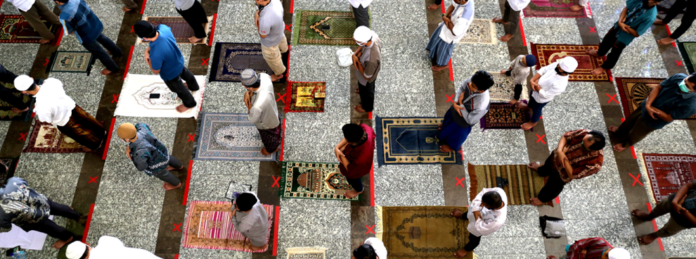Author: James M. Dorsey
Affiliation: Middle East Institute
Publisher: Hudson Institute
Date/Place: October 28, 2020/ Washington, DC
Type of Literature: Analysis
Word count: 7200
Link: https://www.hudson.org/research/16463-the-battle-for-the-soul-of-islam
Keywords: Islam, Middle East, Arabs, Turkey, Khilafat, Ottoman Sultanate, Islamic Revolution.
Brief:
An essential read on intra-Muslim world issues, this piece navigates the rise of new players on the Muslim world map and how these states “largely (care) about enhancing countries’ global and regional influence.” The author draws a divided map of Muslim-majority states, pitching one against another from Asia to Middle East, namely Turkey, Saudi Arabia, Qatar, Indonesia, Iran, UAE, and Morocco. The author believes the “lines dividing the state and religion have become ever more blurred, particularly in more autocratic countries.” Interestingly, the author omits Pakistan in his categorization of Muslim states exerting regional influence. The article also explains how the Western powers pitched Saudi Arabia’s “conservative” Islam against Communism, but which later also used hard power like mirroring Iran’s “coupling of religious soft power with hard power through the selective use of proxies in various Middle Eastern countries.” The author notes that the first two phases after the fall of the Ottoman State came with “largely uncontested Saudi religious soft power campaign” and the emergence of revolutionary Iran.
The third and current phase, however, has further “blurred the dividing lines between purely religious and cultural soft power, nationalism, and the struggle within Muslim societies over values, including various freedoms, rights, and preferred political systems.” According to the author, the “third phase of the battle for the soul of Islam” has expanded outside Saudi Arabia and Iran, and now includes the United Arab Emirates, Turkey, Qatar, and Indonesia. Although the author categorizes Indonesia (the world’s third largest democracy) as the “odd-man-out” and gives examples of how it has capitulated to GCC influence, he however acknowledges the rise and influence of Nahdlatul Ulama, a “Humanitarian Islam” and the world’s largest Muslim movement. By addressing Islamic concepts that it considers “outdated,” the Nahdlatul Ulama has “emerged as a formidable challenger to powerful state actors in the battle for the soul of Islam,” the author argues.
By: Riyaz ul Khaliq, CIGA non-Resident Research Associate




